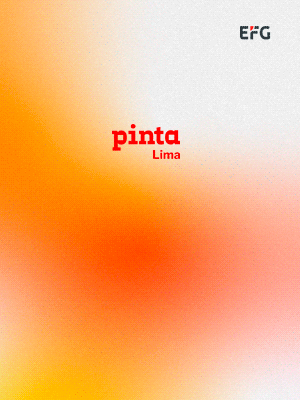A Lab of Discussions around cultural Analysis took place at “La Falta”, Canarias
The recently created Center of Research “La Falta”, united to the Universidad de la Laguna, Canarias, inaugurated together with Tenerife Espacio de las Artes, TEA, the Lab of Discussions and Meetings for the Cultural Analysis, with the title “Los Primeros Días” (The First Days).

The Lab, coordinated by the Canary semiologist Dr. Roc Laseca, fulfills the need of a space based in the intertextual dialogue that gives rise to a detailed analysis of the start of the new cultural times in the community located in the Spanish archipelago. This, favoring a critical exercise in relation to the existing dynamics and models developed in these 'early days' of change, transformation and adaptation to the new conditions that subvert the old existing traditional formats, production, and cultural relationship.
The projects seek to provide a phenomenological and interpersonal space to the debate and thought, demonstrating a special interest in feeding the critical flow that sustains the local networks and, fundamentally, the agents that act in an incisive manner in this scope.
For this, the Laboratory counted with days of public meetings that articulated reflections around the themes of “Investigative Art”, “The Dessert of the Local, and “Trophic Nets”. These meetings will have the participation of prominent cultural agents, amongst which are Ramón Salas, Manolo Cruz and Drago Díaz, along with Carlos Díaz-Bertrana (Director of the Art Centers of the Government of Canarias), Elsa López (President of the Ateneo de La Laguna), Fernando Estévez (Director of the Museum of History and Anthropology of Tenerife) or Isidro Hernández (Chief Conservator of the TEA Collection).
The territory in crisis is this: The critical environment and actual transformation, not only has it made possible the weakening of hierarchical structures and the distribution of information and cultural context, but it has also opened the local scene to a necessary re-composition of the mechanisms through which culture is produced and consumed. From there, the Laboratory analyzed the opportunities that are created when we stimulate the collaborative cultural politics in that which it denominates ‘Trophic Nets”, as a chain system from which initiatives (offers and demands) are born from each one of the cultural territories.






